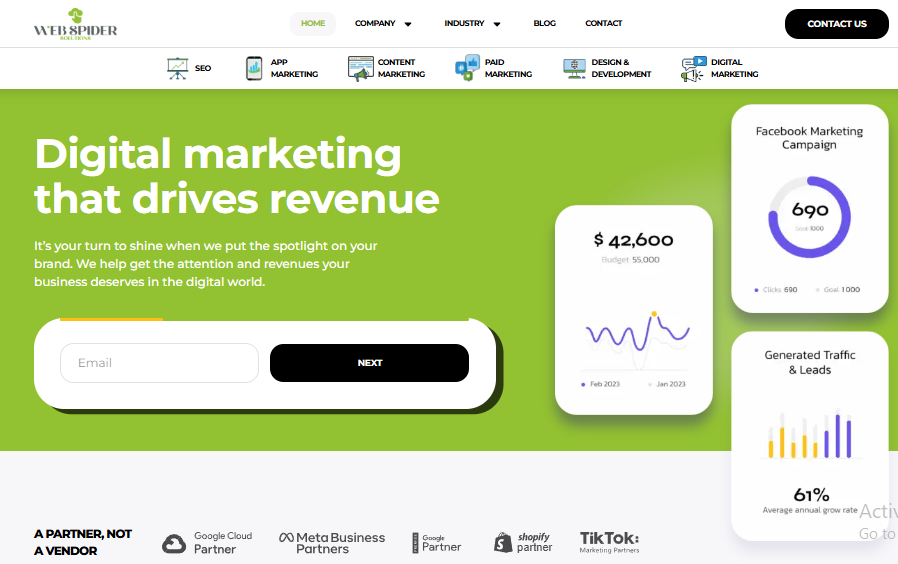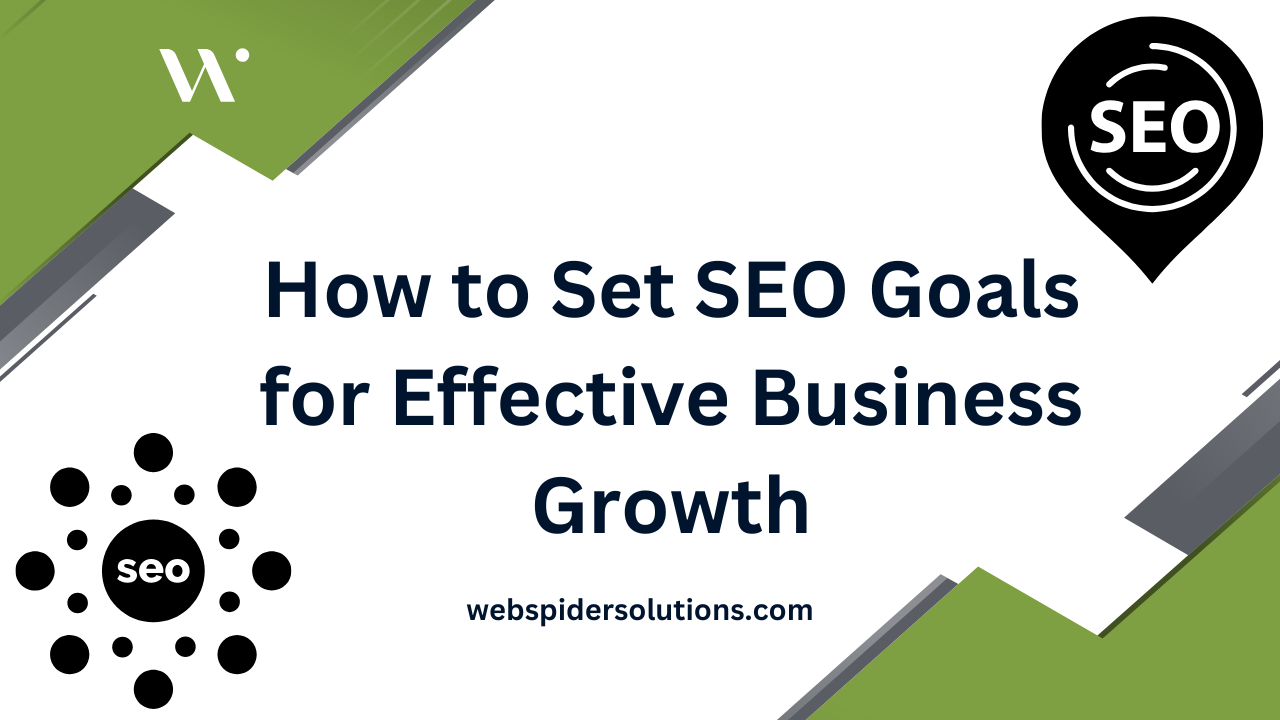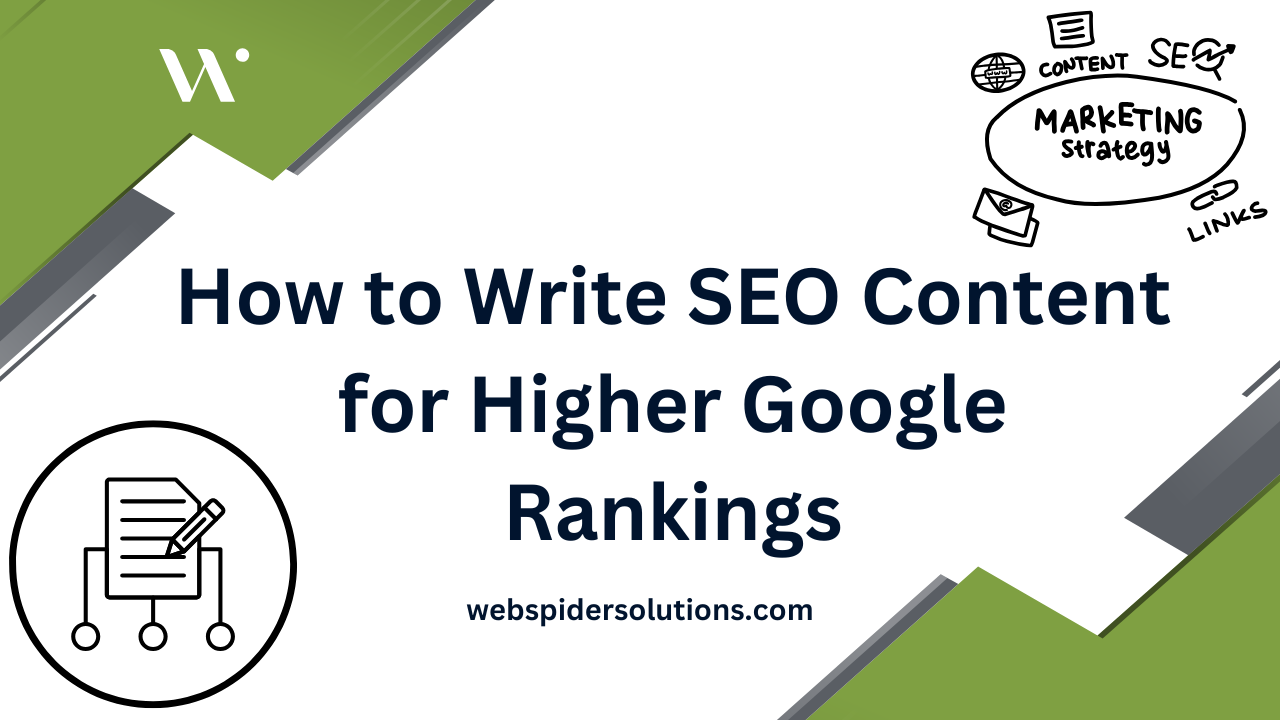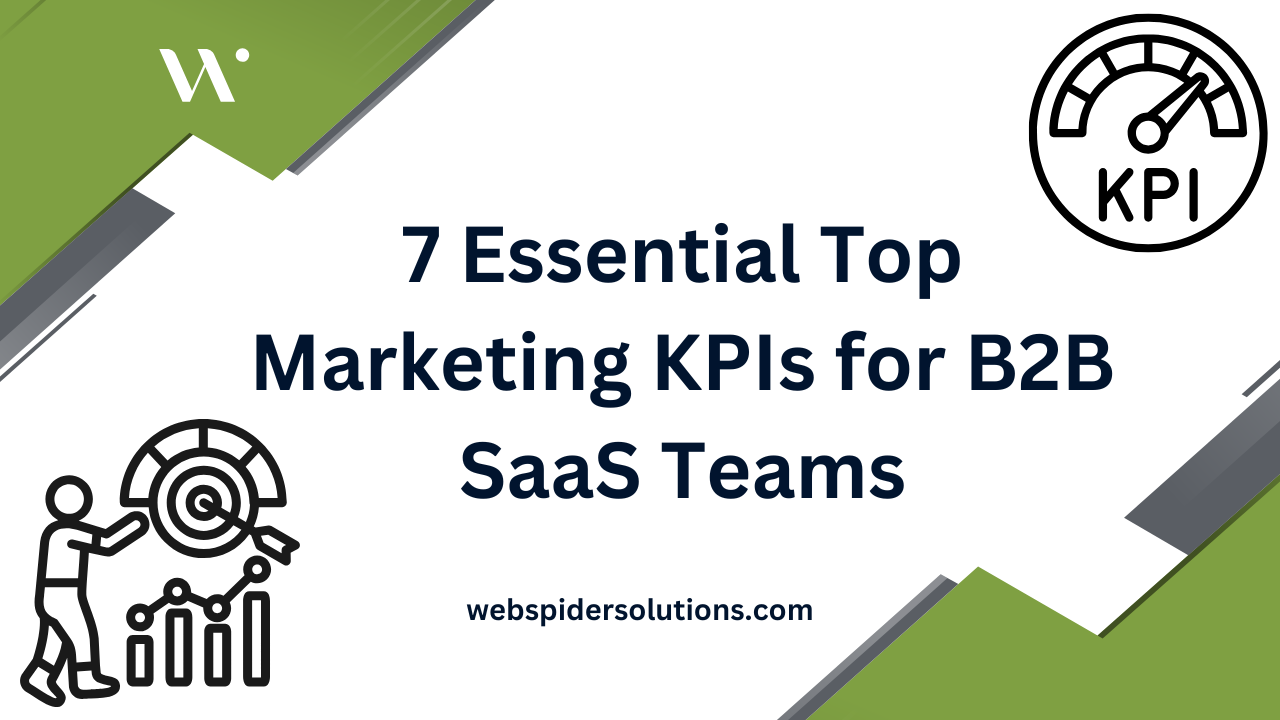Every business talks about wanting more leads, and yet the science of lead generation still surprises most people. **Account-Based Marketing now delivers 76% higher ROI than old-school tactics, and companies using advanced strategies can score up to 133% more revenue.
Here is a concise table highlighting some key lead generation statistics and their implications as presented in the article. This can help readers quickly grasp the impact of modern strategies.
| Statistic | Source/Context | Implication |
|---|---|---|
| 76% higher ROI with ABM | DiGGrowth’s research | ABM outperforms traditional tactics |
| Up to 133% higher revenue from advanced strategies | Harvard Business Review | Innovation drives growth |
| 80% buyers expect personalization | Gartner Research | Personalization is essential |
** The real eye-opener? Lead generation is no longer just about collecting names and emails. It is about building smart pipelines full of real prospects ready to buy, and that means rethinking everything you thought you knew.
Table of Contents
- Defining What Is Lead Generation
- Why Lead Generation Matters For Modern Businesses
- Proven Lead Generation Strategies For 2025
- Common Challenges And How To Overcome Them
Quick Summary
| Takeaway | Explanation |
|---|---|
| Lead generation is essential for growth. | Modern businesses must prioritize lead generation to survive and thrive in a competitive environment. |
| Understand your target audience deeply. | Developing buyer personas and customer profiles helps tailor marketing efforts effectively. |
| Leverage advanced targeting and personalization. | Implementing AI and data-driven strategies can significantly enhance lead conversion rates. |
| Create valuable, engaging content. | High-quality content that addresses customer pain points attracts leads and establishes authority. |
| Measure and optimize your strategies continuously. | Regular performance reviews and analytics help refine lead generation efforts for better results. |
Defining What is Lead Generation
Lead generation represents a critical strategy for businesses seeking to attract and convert potential customers into interested prospects. At its core, discover comprehensive lead generation strategies that can transform your marketing approach.
The Fundamental Concept of Lead Generation
Business professionals understand lead generation as a systematic process of identifying and cultivating potential customers who have demonstrated interest in a company’s products or services. According to TechTarget, lead generation is fundamentally about attracting and converting strangers and prospects into individuals who have indicated an interest in your company’s product or service.
The process involves multiple strategic steps. First, businesses must create compelling content or offers that capture potential customers’ attention. Next, they collect contact information through various channels such as website forms, social media interactions, or event registrations. This initial contact transforms an anonymous website visitor into a trackable lead with potential conversion opportunities.
Strategic Approaches to Capturing Leads
Successful lead generation requires a multifaceted approach. According to the University of Illinois, effective lead generation involves understanding what potential customers want and creating value that motivates them to share their contact information.
Key strategies include:
The following table summarizes the main strategies for lead generation discussed in the article, illustrating how each approach contributes to capturing and nurturing qualified leads.
| Lead Generation Strategy | Description | Example Tactics |
|---|---|---|
| Content Marketing | Delivering valuable information that solves customer issues | Blogs, guides, whitepapers |
| Digital Advertising | Paid campaigns targeting specific groups | PPC ads, retargeting |
| Social Media Engagement | Interacting to foster relationships and engagement | Polls, Q&A sessions, DMs |
| Email Marketing | Personalized communication to nurture leads | Drip campaigns, newsletters |
| Advanced Digital Targeting | Using data and AI for audience segmentation | Predictive analytics, ABM |
| Content-Driven Capture | Offering high-value gated content or events | Webinars, quizzes, calculators |
- Content Marketing: Developing valuable, informative content that addresses specific customer pain points
- Digital Advertising: Targeted campaigns designed to reach specific audience segments
- Social Media Engagement: Creating interactive platforms that encourage direct communication
- Email Marketing: Nurturing potential leads through personalized communication
Modern lead generation goes beyond simple contact collection. It involves creating meaningful connections that demonstrate genuine understanding of potential customers’ needs and challenges. Businesses must focus on building trust, providing value, and establishing credibility before expecting a potential lead to commit.
The ultimate goal of lead generation is not just collecting contact information but creating a pipeline of qualified prospects who are more likely to convert into paying customers. This requires sophisticated strategies that blend technological tools, data analytics, and human understanding of customer behavior.
Understanding lead generation means recognizing it as a dynamic, ongoing process that requires continuous refinement and adaptation to changing market conditions and customer preferences. Successful organizations view lead generation not as a one time activity but as a strategic approach to business growth and customer relationship management.
Why Lead Generation Matters for Modern Businesses
In the competitive digital business environment, lead generation has transformed from a marketing nicety to an absolute necessity for survival and growth. explore advanced lead generation tactics for businesses to understand its critical importance.
The Economic Imperative of Strategic Lead Generation
Modern businesses operate in an increasingly complex marketplace where traditional sales approaches no longer guarantee success. According to Harvard Business Review, companies that implement sophisticated lead generation strategies can experience up to 133% higher revenue compared to organizations using outdated marketing techniques.
The economic landscape demands precision. Businesses cannot afford to waste resources on broad, unfocused marketing campaigns. Lead generation enables companies to:
- Target Specific Audiences: Identify and engage with most promising potential customers
- Optimize Marketing Spend: Direct resources toward high-potential prospects
- Improve Conversion Rates: Focus on leads with genuine interest and purchasing potential
- Build Sustainable Growth: Create predictable revenue streams through strategic engagement
Digital Transformation and Lead Generation Dynamics
Digital technology has fundamentally reshaped how businesses connect with potential customers. Gartner Research indicates that 80% of business buyers now expect personalized interactions throughout their purchasing journey, making sophisticated lead generation strategies more critical than ever.
The digital ecosystem provides unprecedented opportunities for businesses to gather, analyze, and leverage customer data. Advanced lead generation strategies integrate multiple touchpoints including social media, content marketing, email campaigns, and targeted advertising. These approaches allow businesses to create nuanced understanding of potential customer needs, preferences, and behavior patterns.
Moreover, lead generation serves as a crucial bridge between marketing and sales departments. By providing high-quality, pre-qualified leads, companies can streamline their sales processes, reduce customer acquisition costs, and create more efficient revenue generation mechanisms.
Embracing lead generation is not just about collecting contact information. It represents a comprehensive approach to understanding market dynamics, customer behavior, and creating meaningful connections that drive sustainable business growth. Companies that master lead generation techniques position themselves as adaptive, customer-centric organizations capable of thriving in rapidly evolving economic environments.
The most successful businesses recognize that lead generation is an ongoing strategic process requiring continuous learning, technological integration, and a deep commitment to understanding customer needs. It represents a dynamic, intelligent approach to business development that goes far beyond traditional marketing tactics.
Proven Lead Generation Strategies for 2025
As businesses navigate the complex digital marketing environment, innovative lead generation strategies become increasingly critical. explore cutting-edge marketing approaches that can transform your customer acquisition process.
Advanced Digital Targeting and Personalization
In 2025, successful lead generation demands hyper-personalized approaches that leverage sophisticated technological tools. According to DiGGrowth’s research, Account-Based Marketing (ABM) now delivers 76% higher return on investment compared to traditional methods by utilizing AI-driven insights and real-time data.
Key strategies for advanced digital targeting include:
- Behavioral Data Segmentation: Creating granular audience profiles based on intricate digital behaviors
- AI-Powered Predictive Analytics: Identifying potential leads with higher conversion probabilities
- Dynamic Content Personalization: Tailoring website and communication experiences in real-time
- Multichannel Engagement: Integrating touchpoints across digital platforms
Content-Driven Lead Capture Techniques
Research from ITM Marketing emphasizes the critical role of high-value, industry-specific content in capturing qualified leads. Modern businesses must create comprehensive resources that demonstrate genuine expertise and address specific audience challenges.
Effective content strategies encompass:
- Gated Premium Resources: Developing in-depth whitepapers, case studies, and comprehensive guides
- Interactive Content: Designing quizzes, assessments, and calculators that provide immediate value
- Webinar and Expert Series: Hosting specialized digital events that attract professional audiences
- Thought Leadership Publications: Creating original research and insights that position your brand as an industry authority
Successful lead generation in 2025 requires a holistic approach that combines technological sophistication with genuine human connection. Businesses must balance advanced targeting techniques with authentic, value-driven content that resonates with potential customers’ specific needs and challenges.
The most effective lead generation strategies will integrate artificial intelligence, data analytics, and personalized communication channels. By understanding individual customer journeys and providing tailored experiences, companies can transform lead generation from a transactional process into a meaningful engagement strategy.
Ultimately, lead generation has evolved from a simple contact collection mechanism to a complex, intelligent system that requires continuous adaptation, technological integration, and a deep understanding of changing market dynamics. Organizations that embrace this sophisticated approach will be best positioned to attract, engage, and convert high-quality leads in an increasingly competitive business environment.
Common Challenges and How to Overcome Them
Lead generation presents complex obstacles that require strategic approaches and innovative solutions. discover expert strategies for navigating lead generation challenges to transform potential roadblocks into opportunities.
Identifying and Understanding Target Audiences
One of the most significant challenges in lead generation is precisely defining and reaching the right audience. According to Sales Roads Research, understanding your target audience requires developing a comprehensive ideal customer profile (ICP) and detailed buyer personas.
Companies frequently struggle with audience identification due to:
- Insufficient Market Research: Lack of in-depth understanding of customer needs
- Overly Broad Targeting: Attempting to appeal to everyone, which results in appealing to no one
- Limited Data Analytics: Inability to interpret complex customer behavior patterns
- Rapid Market Changes: Constantly evolving customer preferences and market dynamics
Overcoming these challenges demands a multifaceted approach. Organizations must invest time in conducting thorough market research, utilizing advanced data analytics tools, and continuously refining their understanding of potential customer segments.
Measuring and Optimizing Lead Generation Performance
Forecom Solutions highlights the critical challenge of accurately measuring return on investment (ROI) in lead generation efforts. The complexity of B2B sales cycles and multiple customer touchpoints makes performance tracking intricate and demanding.
Key strategies for performance optimization include:
- Establishing Clear Metrics: Defining specific, measurable key performance indicators
- Implementing Advanced Analytics: Utilizing sophisticated tracking and reporting tools
- Continuous Performance Review: Regularly analyzing and adjusting lead generation strategies
- Cross-Channel Integration: Creating unified tracking across multiple marketing platforms
Successful businesses recognize that lead generation is not a static process but a dynamic, continuously evolving strategy. They approach performance measurement as an ongoing learning experience, using data insights to refine and improve their approaches.
The most effective organizations treat lead generation challenges as opportunities for innovation. They understand that each obstacle presents a chance to develop more sophisticated, targeted, and efficient marketing strategies. By embracing technological advancements, maintaining flexibility, and commitment to understanding customer needs, businesses can transform potential limitations into competitive advantages.

Ultimately, overcoming lead generation challenges requires a holistic approach that combines technological sophistication, strategic thinking, and a deep commitment to understanding and serving potential customers. Companies that master this delicate balance will be best positioned to thrive in an increasingly complex and competitive business environment.

Frequently Asked Questions
What is lead generation?
Lead generation is the process of attracting and converting potential customers into interested prospects by creating compelling content and capturing their contact information.
Why is lead generation important for businesses?
Lead generation is essential for growth as it helps businesses identify targeted audiences, optimize marketing spend, improve conversion rates, and build sustainable growth.
What are some effective lead generation strategies for 2025?
Effective lead generation strategies for 2025 include advanced digital targeting and personalization, content-driven lead capture techniques, and leveraging AI for audience segmentation.
How can businesses measure the success of their lead generation efforts?
Businesses can measure the success of their lead generation efforts by establishing clear metrics, implementing advanced analytics, conducting continuous performance reviews, and integrating tracking across multiple marketing platforms.
Ready to Transform Your Lead Generation for 2025?
Are you struggling to turn website visitors into real sales opportunities? Many businesses face the frustration of outdated tactics and low-quality leads. This article highlighted the urgent need for smarter strategies like advanced digital targeting, personalization, and data-driven content—all essential to increasing your growth in a competitive digital landscape. If you want your organization to seize higher ROI and fill your pipeline with qualified prospects, now is the time to rethink your approach. Learn more about the power of innovation by exploring Artificial Intelligence strategies tailored for your lead generation goals.

Let our team at Web Spider Solutions help you build a lead generation engine designed for next-level business growth. Take advantage of our proven expertise to boost your visibility, connect with ready-to-buy customers, and unlock real revenue gains. Start your journey with a free consultation or discover actionable insights on our main page today. Do not let your competitors get ahead in 2025—contact us now and see the difference for yourself.
Recommended











